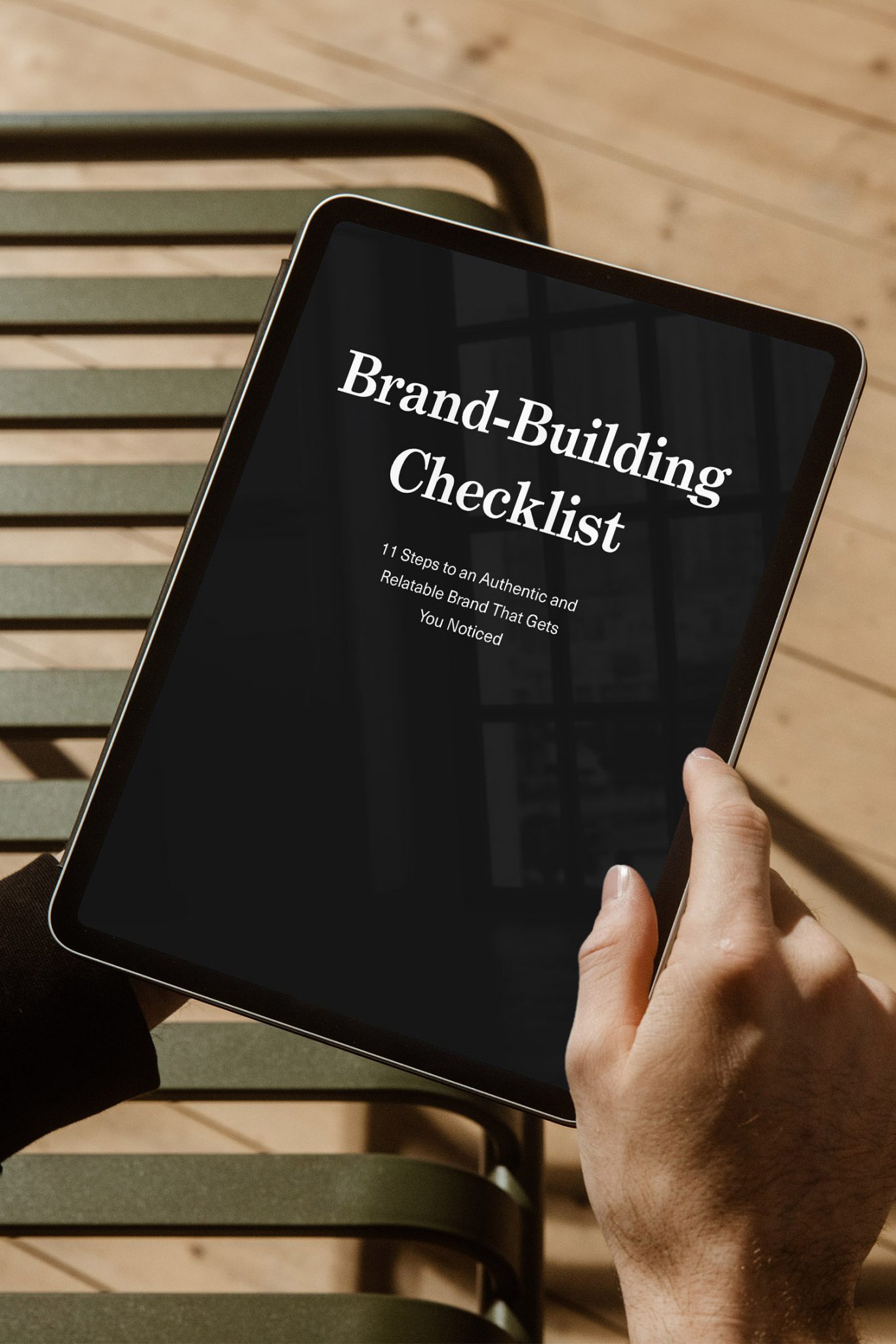Are you tired of reading the same old branding books that offer nothing new or exciting? So am I. In this post, I’ll introduce you to four books that aren’t technically about branding but offer a wealth of inspiration and insights on building successful brands.
Let’s start with “Thinking, Fast and Slow” by Daniel Kahneman. In this book, the Nobel Prize-winning author and behavioural economist explains how we make decisions and judgments.
Key Findings
- We have two modes of thinking: System 1, which is fast, intuitive, and automatic, and System 2, which is slow, deliberate, and needs considerably more effort.
- Our brains prefer to stay in System 1 to save energy. That’s why mental shortcuts, so-called cognitive biases and heuristics often influence our decisions. Although these biases are usually helpful, they can also lead to errors in our thinking and, as a result, irrational behaviour.
- Our memories are reconstructed rather than retrieved. This is because our feelings, beliefs and other things influence them.
- We frequently make decisions based on feelings and intuition rather than analysing them rationally.
Why I Like the Book
What I particularly like about this book is how it delves into the inner workings of our minds. Understanding people’s decision-making processes allows us to develop more effective brand strategies that appeal to their emotions and intuition.
If you’re looking for a book to expand your understanding of human behaviour, I highly recommend Thinking, Fast and Slow.
It’s not the easiest read, but it’s packed with insights.
Next up is “Never Split the Difference: Negotiating as if Your Life Depended on It” by Chris Voss.
Voss is a former FBI hostage negotiator. His book offers techniques for negotiating effectively and emphasises the importance of active and empathetic listening.
Key Findings
- Effective negotiation requires active and empathetic listening to the other party’s needs and concerns.
- Building rapport helps to establish trust and creates a more positive negotiating environment.
- Calibrated questions—that start with what or how—can prompt more detailed information and encourage cooperation.
- Assertiveness is essential, too. Indicating your boundaries can be powerful.
- By mirroring the other person, you show you listen with empathy, which can help to build rapport.
- Labelling the other person’s emotions can help to diffuse tense situations and encourage cooperation.
Why I Like the Book
I believe active listening is the key to connecting with people.
As a brand builder, the skills learned in this book will help you better understand your clients and their audiences, negotiate better deals, and build stronger relationships.
I particularly enjoyed the stories about Voss’ experience as a hostage negotiator, which made the book very engaging.
“Wired for Story: The Writer’s Guide to Using Brain Science to Hook Readers from the Very First Sentence” by Lisa Cron offers fascinating insights into the cognitive processes that explain why stories are so engaging and how to make them more compelling.
Key Findings
- Our brains are wired to seek out and respond to stories because, through a story, we can gain experiences without physically experiencing the situation.
- A well-developed protagonist engages readers and keeps them invested in the story.
- Conflict and tension also keep readers engaged.
- Stories that evoke strong emotional responses from readers are more likely to be remembered and shared.
- Uncertainty is an integral ingredient of an exciting story because it draws readers into the story and makes them want to know what happens next.
Why I Like the Book
As brand storytelling becomes increasingly important, this book is an excellent read for brand builders wanting to engage people more deeply.
I especially liked how Cron uses research to explain why some aspects of a story resonate with us. However, I admit that some of the information may be too detailed for non-authors.
In “Sapiens: A Brief History of Humankind,” Yuval Noah Harari outlines our history from the beginning of Homo sapiens in Africa to today.
Key Findings
- Our ability to create and believe in shared myths and stories—such as religion, nations, and money—separates us from other animals and allows us to collaborate on a large scale.
- The Agricultural Revolution, around 10,000 years ago, was a turning point in human history that led to the rise of cities, civilisations, and hierarchies.
- The Scientific Revolution, which began in Europe around 500 years ago, transformed how humans think and understand the world and led to incredible progress in science, technology, and medicine.
- Capitalism and imperialism have created a global system that supports inequality and exploitation.
- Humanity’s future is uncertain as we face many challenges, such as climate change, nuclear war, and the rise of artificial intelligence.
Why I Like the Book
Sapiens achieves what many of my history teachers did not: it ties historical events to the essence of being human.
By exploring the socioeconomic factors that underpin historical events, the book makes it easy and engaging to understand why events happened the way they did.
But what makes Sapiens relevant to branding?
Sapiens shows how our actions are shaped by the world around us—through storytelling and cultural norms.
Understanding the forces that shape our thinking and society helps brand builders make sense of the world, anticipate future trends, and—ultimately—forge deeper connections.
To wrap up, although traditional branding books are helpful, it’s worth going beyond them for fresh insights.
This article highlights five books that provide valuable lessons in decision-making, negotiation, storytelling, and history.
Whether you’re an entrepreneur, brand designer, or marketer, these books offer a fresh perspective and excite you about building your brand.
Have a go and read beyond the typical branding literature.
If you enjoyed this article, you might also like my list of branding resources. And if you have books to add, I’d love to hear your feedback.
Title image by Kaboompics
This articles contains affiliate links. By purchasing books through my links, you can support small, local bookstores as well as my work here.






